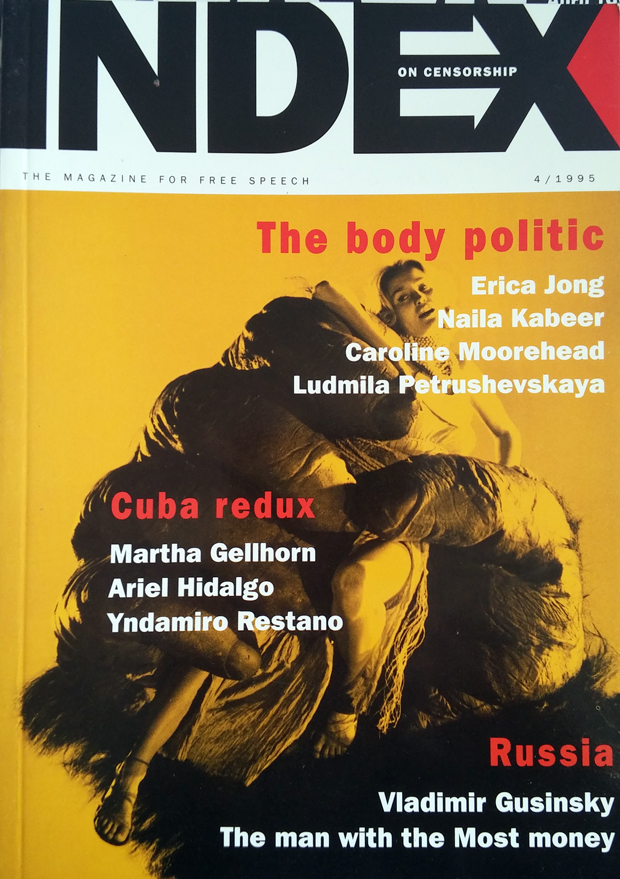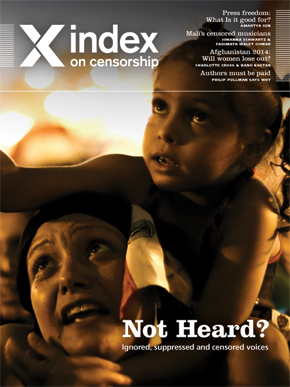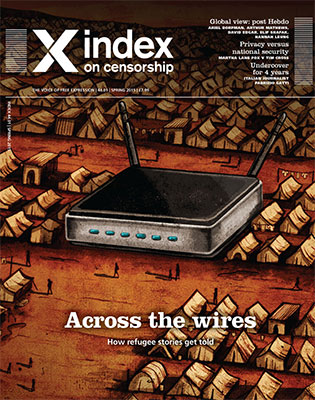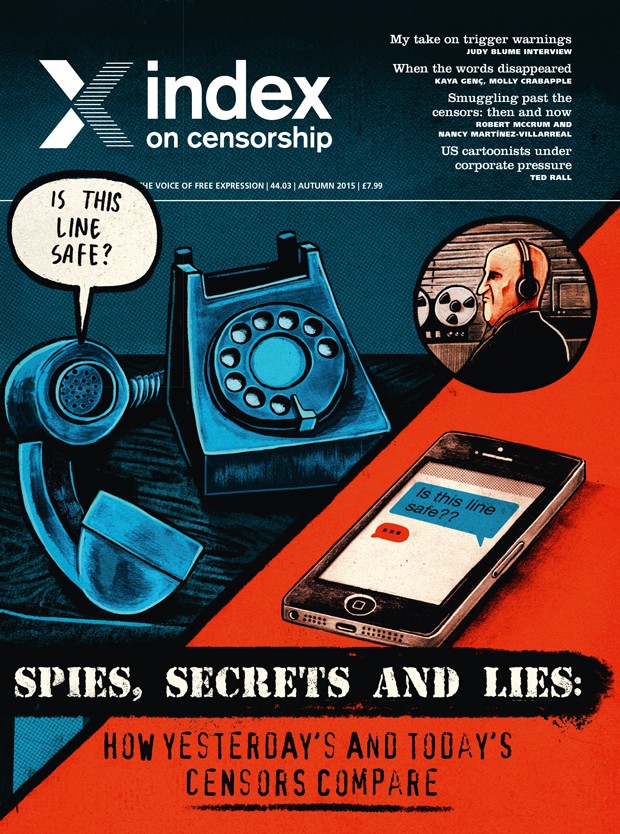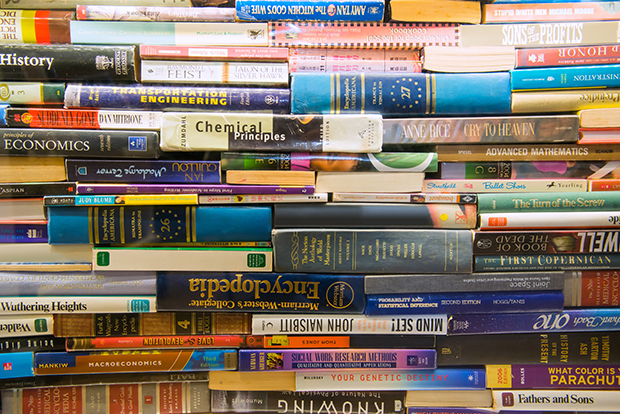Pornography is to art as prudery is to the censors
CATEGORY: Magazine
Reporting rights? Media freedom in the Balkans since the wars
Today the bulk of the media in the Balkans has “been bought by people with no history in, or understanding of, the media business; they promote narrow interests of their
Moving towards inequality: Jemimah Steinfeld and Hannah Leung
In China, social benefits are tied an antiquated system of household registration that restricts benefits to the place where people were born. As hundreds of millions leave the countryside to seek employment in the cities, they are left without official jobs, legal protection or school places for their children. Jemimah Steinfeld and Hannah Leung report
Escape from Eritrea: Ismail Einashe
As refugees flee one of the world’s most repressive and secretive regimes, Ismail Einashe talks to Eritreans who have reached the UK but who still worry about the risks of speaking out
13 Oct: Spies, secrets and lies
From China’s new security laws and South Korea’s new smartphone spies to Eritrea’s agents and the new fighters for free expression online. Where and what are the challenges today and how do they compare to the past?
Interview: Judy Blume and her battle against the bans
From the autumn issue of Index on Censorship magazine, US author Judy Blume talks to Vicky Baker about parents’ and teachers’ overly protective attitudes to young people’s feelings, and how she has spent the last 45 years tackling bans and censorship
Free thinking: Reading list for the Cambridge Festival of Ideas 2015
In conjunction with the Cambridge Festival of Ideas 2015, we will be publishing a series of articles that complement many of the upcoming debates...
Drawing out the dark side: Martin Rowson
When it comes to depicting war, humour can be a critic’s most dangerous weapon, says Martin Rowson as he trips through the history of cartoons
Autumn magazine 2015: Spies, secrets and lies
The autumn issue of Index on Censorship magazine is filled to the brim with stories and analysis from across the globe has a special report on the censors of old and new
Editorial: Spies in the new machines
These days spies are just as likely to be inside your machine as outside your home, says Rachael Jolley
Student reading lists: technology and censorship
The technology and censorship reading list combines a number of articles released over a twenty-year period on the interference technology can have on free expression and the technological advances meaning censors are being more easily evaded.
Spies, Secerts and Lies
A quarterly journal set up in 1972, Index on Censorship magazine has published oppressed writers and refused to be silenced across hundreds of issues.
The brainchild of the poet Stephen Spender, and translator Michael Scammell, the magazine’s very first issue included a never-before-published poem, written while serving a sentence in a labour camp, by the Soviet dissident Aleksandr Solzhenitsyn, who went on to win a Nobel prize later that year.
The magazine continued to be a thorn in the side of Soviet censors, but its scope was far wider. From the beginning, Index declared its mission to stand up for free expression as a fundamental human right for people everywhere – it was particularly vocal in its coverage of the oppressive military regimes of southern Europe and Latin America but was also clear that freedom of expression was not only a problem in faraway dictatorships. The winter 1979 issue, for example, reported on a controversy in the United States in which the Public Broadcasting Service had heavily edited a documentary about racism in Britain and then gone to court attempting to prevent screenings of the original version. Learn more.

